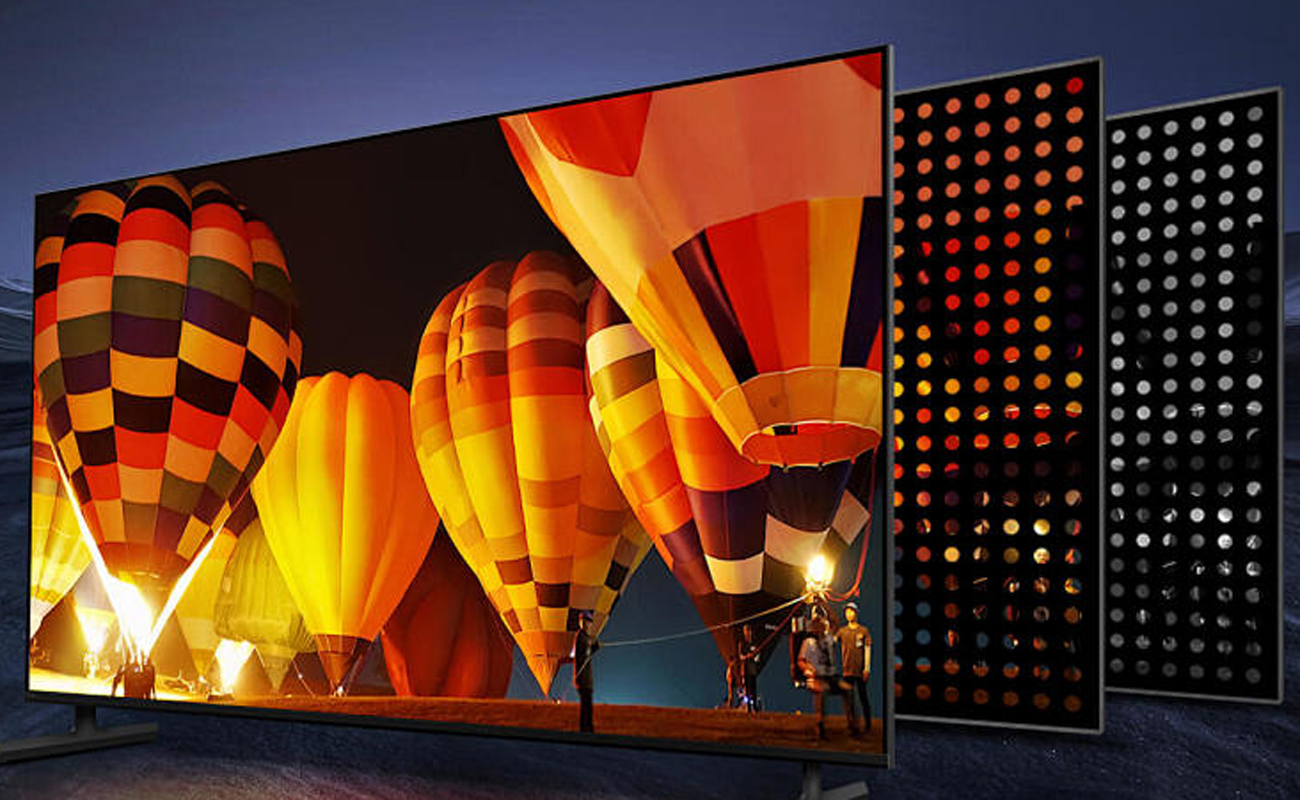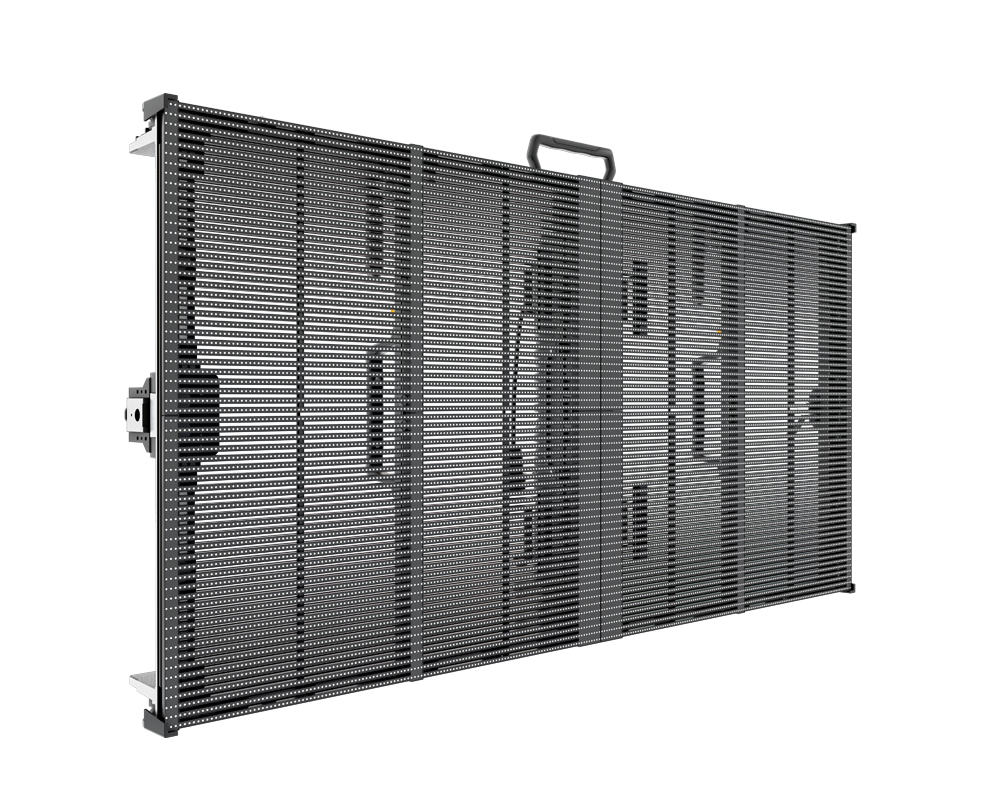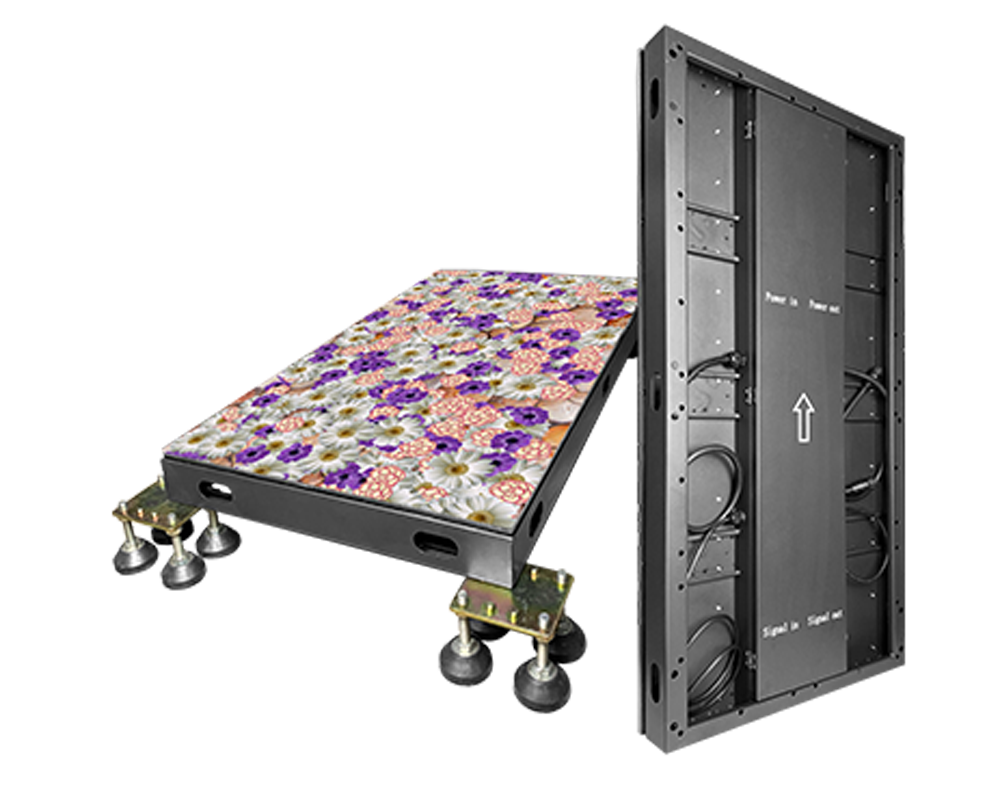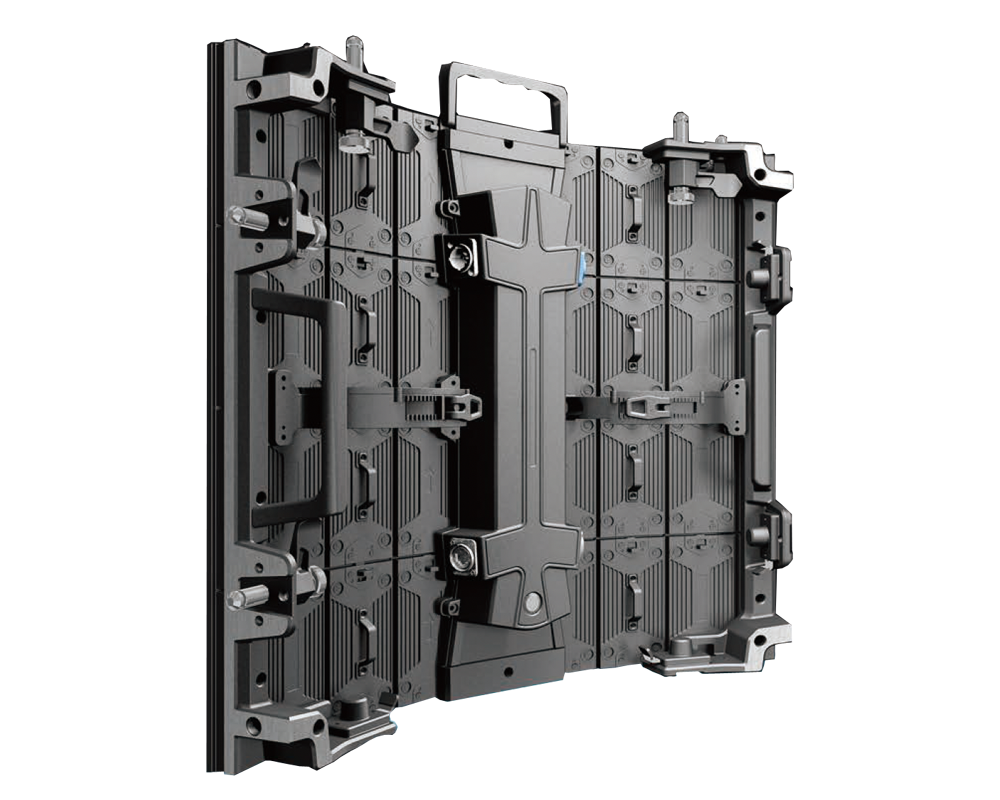What Are the Differences Between Indoor and Outdoor LED Displays?
LED displays can be divided into indoor LED displays and outdoor LED displays, which can meet the demands of nearly anyone looking for an eye-catching solution to reach more people and get their message across.
LED displays can be divided into indoor LED displays and outdoor LED displays, which can meet the demands of nearly anyone looking for an eye-catching solution to reach more people and get their message across. Knowing the differences between outdoor LED displays and indoor LED displays can have a significant impact on your bottom line when choosing the right LED display for your business.

1) Surrounding Environment
Outdoor LED displays are engineered to withstand extreme weather conditions that nature throws at them, as well as man-made threats. A typical outdoor LED display has Ingress Protection (IP) rating of IP65 or higher to prevent damage from rain, snow, ice and wind-blown dust, whereas an indoor LED display does not tolerate weather changes.
2) Brightness Requirements
Outdoor LED screens are much brighter than indoor ones as direct sunlight can make them more difficult to see while indoor LED screens do not have to compete with the unpredictable brightness.
3) Display Resolution
The smaller pixel pitch, the greater resolution, the sharper the display. The outdoor LED displays are mainly used in large outdoor areas such as stations and squares. The pixel density and resolution of outdoor LED screens are lower than indoors as they are always intended to be viewed from farther distances. Indoor LED signs, on the contrary, are intended to be viewed from closer distances, thus requiring higher resolutions to achieve high-quality display effect.
Selecting the best LED display is similar to purchase a new vehicle. Both a car and a truck will get you somewhere, but they are meant to deal with different tasks. No matter what type of LED display you are looking to purchase, be sure to take each of these factors into consideration.








